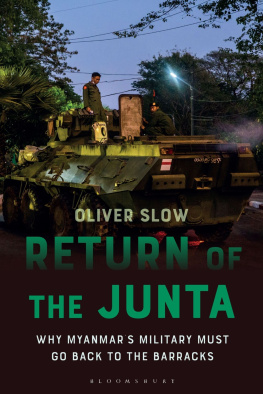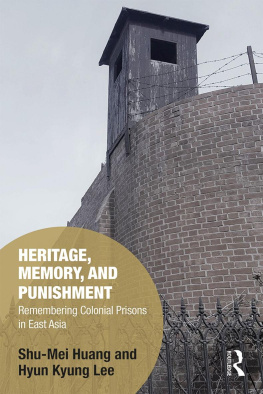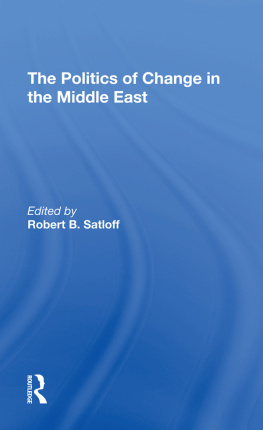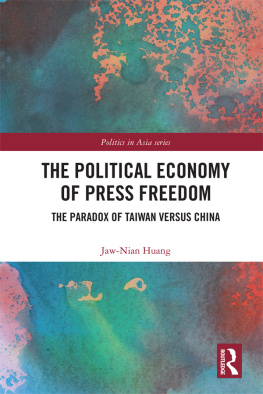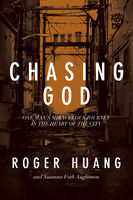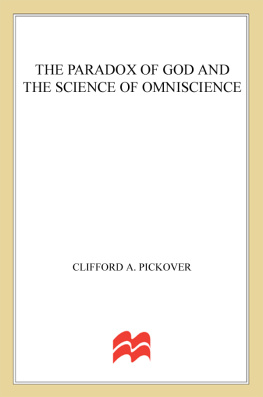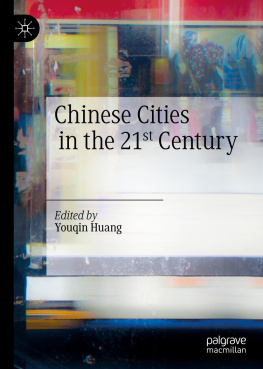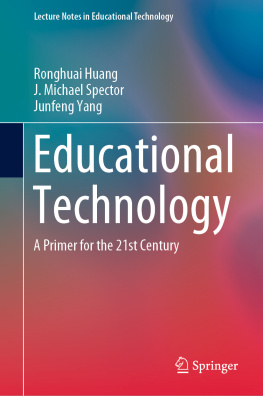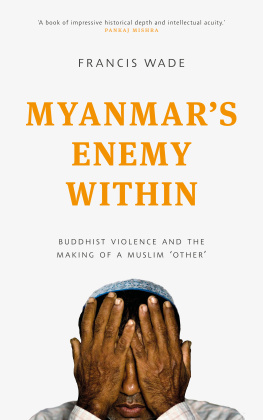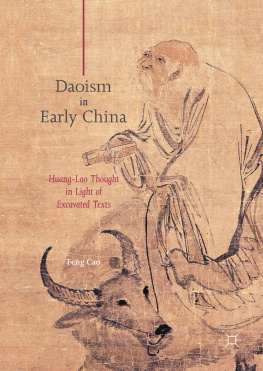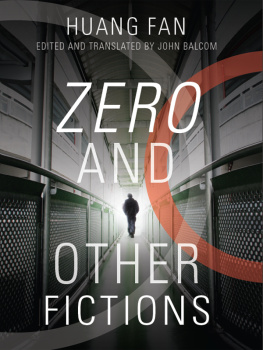The Paradox of Myanmars Regime Change
This book analyzes Myanmars contemporary political history, arguing that Myanmars so-called democratization has always been a calculated regime transition, planned by the military, with every intention that the military remain the key permanent political actor in Myanmars political regime.
Using the period since Myanmars regime change in 2011 as an extended case study, this book offers an original theory of regime transition. The author argues that Myanmars ongoing regime transition has not diverged from its authoritarian military roots and explains how the military has long planned its voluntary partial withdrawal from direct politics. Therefore, Myanmars disciplined democracy contains features of democratic politics but at its core remains authoritarian. Providing an original contribution to the theoretical literature on regime change by developing a theory of trial and error regime transition, the book engages with and challenges the popular democratization theory by arguing that this theory does not sufficiently explain hybrid regimes or authoritarian durability. Additionally, the book adds to an alternative understanding of how the regime transition was initiated by examining the historical evolution of Myanmars post-colonial regime and offers a fresh perspective on contemporary political developments in Myanmar.
An important contribution to the study of authoritarian durability and the dynamics of regime change in Southeast Asia, this book will be of interest to academic researchers of comparative politics, international relations, and Southeast Asian studies.
Roger Lee Huang is Lecturer in Terrorism Studies and Political Violence in the Department of Security Studies and Criminology at Macquarie University, Australia.
Routledge/City University of Hong Kong Southeast Asia Series
Edited by Federico Ferrara and Mark R. Thompson
Reorganising Power in Indonesia
The Politics of Oligarchy in an Age of Markets
Richard Robison and Vedi R Hadiz
Transparency and Authoritarian Rule in Southeast Asia
Singapore and Malaysia
Garry Rodan
Transnational Migration and Work in Asia
Edited by Kevin Hewison and Ken Young
USAsia Economic Relations
A Political Economy of Crisis and the Rise of New Business Actors
Justin Robertson
Public Management and Governance in Malaysia
Trends and Transformations
Edited by Noore Alam Siddiquee
Transformations in Independent Timor-Leste
Dynamics of Social and Cultural Co-habitations
Edited by Susana de Matos Viegas and Rui Graa Feij
Chinas Singapore Model and Authoritarian Learning
Edited by Stephan Ortmann and Mark R. Thompson
The Paradox of Myanmars Regime Change
Roger Lee Huang
For more information about this series, please visit: www.routledge.com/Routledge-City-University-of-Hong-Kong-Southeast-Asia-Series/book-series/CUHK
First published 2020
by Routledge
2 Park Square, Milton Park, Abingdon, Oxon OX14 4RN
and by Routledge
52 Vanderbilt Avenue, New York, NY 10017
Routledge is an imprint of the Taylor & Francis Group, an informa business
2020 Roger Lee Huang
The right of Roger Lee Huang to be identified as author of this work has been asserted by him in accordance with sections 77 and 78 of the Copyright, Designs and Patents Act 1988.
All rights reserved. No part of this book may be reprinted or reproduced or utilised in any form or by any electronic, mechanical, or other means, now known or hereafter invented, including photocopying and recording, or in any information storage or retrieval system, without permission in writing from the publishers.
Trademark notice: Product or corporate names may be trademarks or registered trademarks, and are used only for identification and explanation without intent to infringe.
British Library Cataloguing-in-Publication Data
A catalogue record for this book is available from the British Library
Library of Congress Cataloging-in-Publication Data
Names: Huang, Roger Lee, author.
Title: The paradox of Myanmars regime change / Roger Lee Huang.
Description: NY : Routledge, 2020. | Includes bibliographical references
and index.
Identifiers: LCCN 2019059779 | ISBN 9780367337971 (hardback) |
ISBN 9780429322013 (ebook)
Subjects: LCSH: Regime changeBurma21st century. | Political
stabilityBurma21st century. | DemocratizationBurma21st
century. | AuthoritarianismBurma21st century. | BurmaPolitics
and government21st century.
Classification: LCC JC489 .H83 2020 | DDC 320.9591dc23
LC record available at https://lccn.loc.gov/2019059779
ISBN: 978-0-367-33797-1 (hbk)
ISBN: 978-0-429-32201-3 (ebk)
Typeset in Times New Roman
by Apex CoVantage, LLC
The foundations of this book began nearly a decade ago at the end of my time working at Lingnan University, Hong Kong. My colleagues Brian Bridges and Baohui Zhang encouraged me to apply for the Hong Kong PhD Fellowship scheme, and thus began my journey into academic research. Kyaw Yin Hlaing and Jonathan London were instrumental in the early stages of developing my research for this project. I had the privilege of studying the political economy of Southeast Asia with Robert Taylor who shared interesting stories of his Myanmar adventures. Mark Thompsons supervision of my PhD was critical to the completion of my doctoral thesis, and thus in turn, this book. Mark ensured that I kept on track with my writing, and our conversations have helped me immensely in thinking critically about political regimes. I would also like to thank my colleagues Valerie Yap, Nadira Lamrad, Sarah Aubry, Brad Williams, Federico Ferrara, Nick Thomas, and Justin Robertson who provided useful suggestions and feedback while I was at the City University of Hong Kong.
Win Ma Ma Aye, Nodoka Hasegawa, Peter Sai Hom Kham, and Martin Shin have always helped me in more ways than they know during my research trips in Myanmar. During my fieldwork, I was very lucky to meet Nay Lin Htike, who assisted with several important interviews. Many others, including Zin Mar Lwin, Sithu Pe Thein, Sai Kyaw Win, Mya Thet Titsar, Mya The Titsar, and Khin Zaw Win have been generous with their time, knowledge, and insight. I am extremely grateful to all interviewees, friends, and acquaintances for their trust to conduct interviews and for their patience with my questions.
Lee Jones and two anonymous reviewers provided useful critiques on an earlier draft of this book, and their reviews have undoubtedly helped to sharpen my analysis. John Buchanan meticulously read chapter seven and provided valuable comments. I am also grateful to my colleagues at Macquarie University for their support and encouragement, including Ben Schreer, Head of the Department of Security Studies and Criminology. The collegiality and kindness of my colleagues helped ensure the completion of this book through much needed distraction in the form of lunch and coffee breaks. Maryam Khalid, Alex Simpson, and Jonathan Symons have reviewed different parts of the manuscript and provided useful feedback. Jonathan Symons has also been a reliable barista, routinely offering me a decent cup of strong coffee. At Routledge, my thanks to Dorothea Schaefter, for supporting the book project, and Alexandra de Brauw, who made sure I kept on track with my manuscript.


